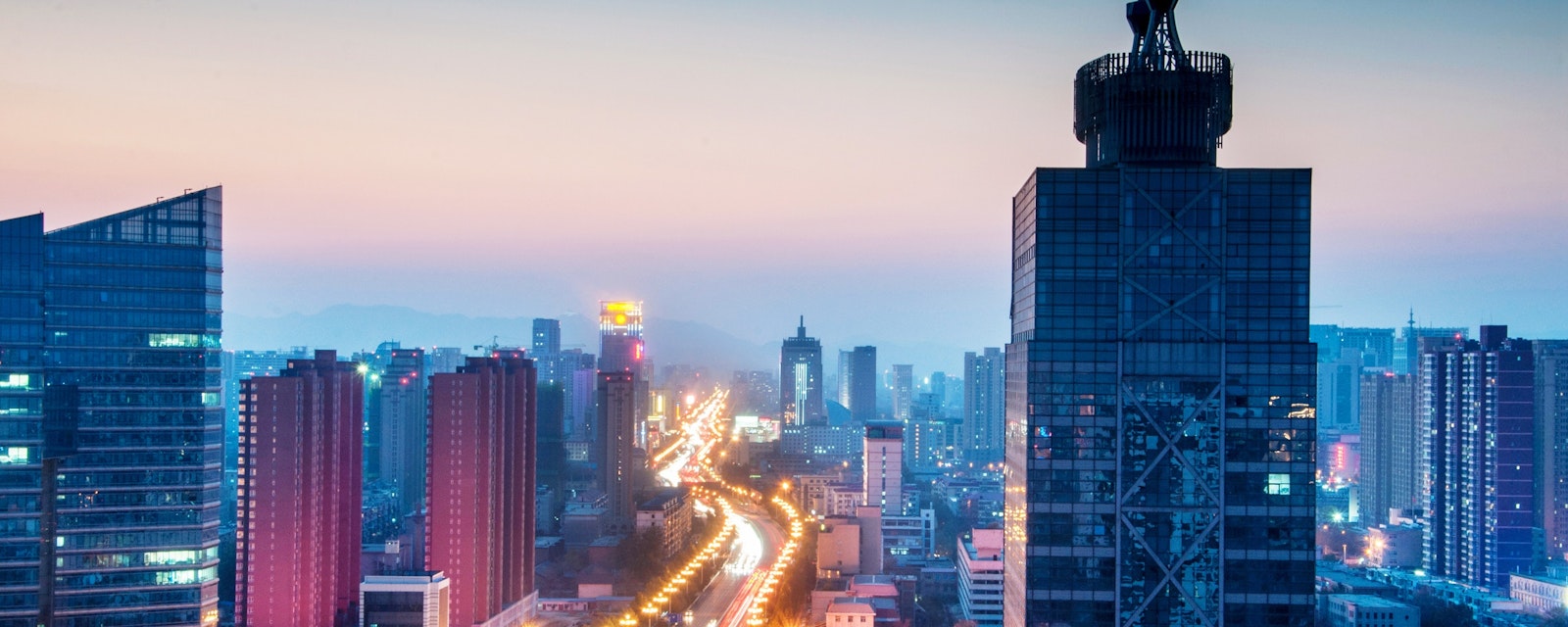China is suffering its worst Covid-19 outbreak since July, prompting authorities to re-impose lockdowns in several regions and threatening to derail the recovery of consumer spending. Though authorities are likely to succeed in containing the latest outbreak, in a worst-case scenario, new lockdown measures and weak consumer sentiment could linger for months. A sustained outbreak could also compromise the government's vaccine diplomacy by forcing authorities to save more doses for domestic use.
The new outbreak is centered in Shijiazhuang, capital of northern China's Hebei province, while several nearby regions are also on lockdown. China has reported 119 new cases per day on average in the week through 14 January. Though negligible by US or European standards, authorities have responded forcefully with mass testing and travel restrictions. Three officials from the most heavily affected district in Shijiazhuang have already been punished for negligence in failing to contain the outbreak, incentivizing other officials to err on the side of caution.
Apart from lockdowns in directly affected regions, authorities nationwide are urging residents not to travel for the Lunar New Year holiday that begins in mid-February. And even in areas where few or no new lockdown measures have been officially imposed, businesses are reviving mandatory temperature checks and requirements that entrants to stores and office buildings show health codes from contact tracing apps to verify their low-risk status.
Though China's economy has recovered strongly from the initial pandemic shock, the recovery was mainly driven by exports, housing, and infrastructure, while consumer spending lagged. Consumer services like entertainment and tourism were especially hard hit but had begun to recover in recent months. If the outbreak is not quickly contained, that progress may reverse, forcing economic policymakers to respond. Cancellation of holiday travel is likely to reduce spending on holiday gifts. The Central Economic Work Conference in late December signaled that authorities planned to gradually tighten policy this year, including measures to restrain credit growth and cool the housing market. This intention was premised on the continued recovery of consumption, which now looks more precarious.
Indeed, even before the recent outbreak, daily subway ridership in Beijing, Shanghai, and Guangzhou had plateaued at levels around 10-20% lower than a year earlier, reflecting lingering public aversion to crowded spaces. Anecdotally, many Chinese have begun avoiding all nonessential travel in recent days, even in eastern and southern China. In Beijing, even taxi drivers are now requiring passengers to show health codes. Many residents of Beijing and Shanghai expect more official lockdown measures in the coming days.
If the outbreak worsens, it could also undermine Beijing's campaign of vaccine diplomacy. Chinese health officials previously said that the country's success in containing the virus obviated the need for mass vaccinations, but they have shifted tone in recent days. Sinopharm and Sinovac have said they can produce 1bn and 600mn doses in 2021, while these companies may have already produced around 600mn by the end of last year. Still, a serious and sustained outbreak could force authorities to delay foreign deliveries.




